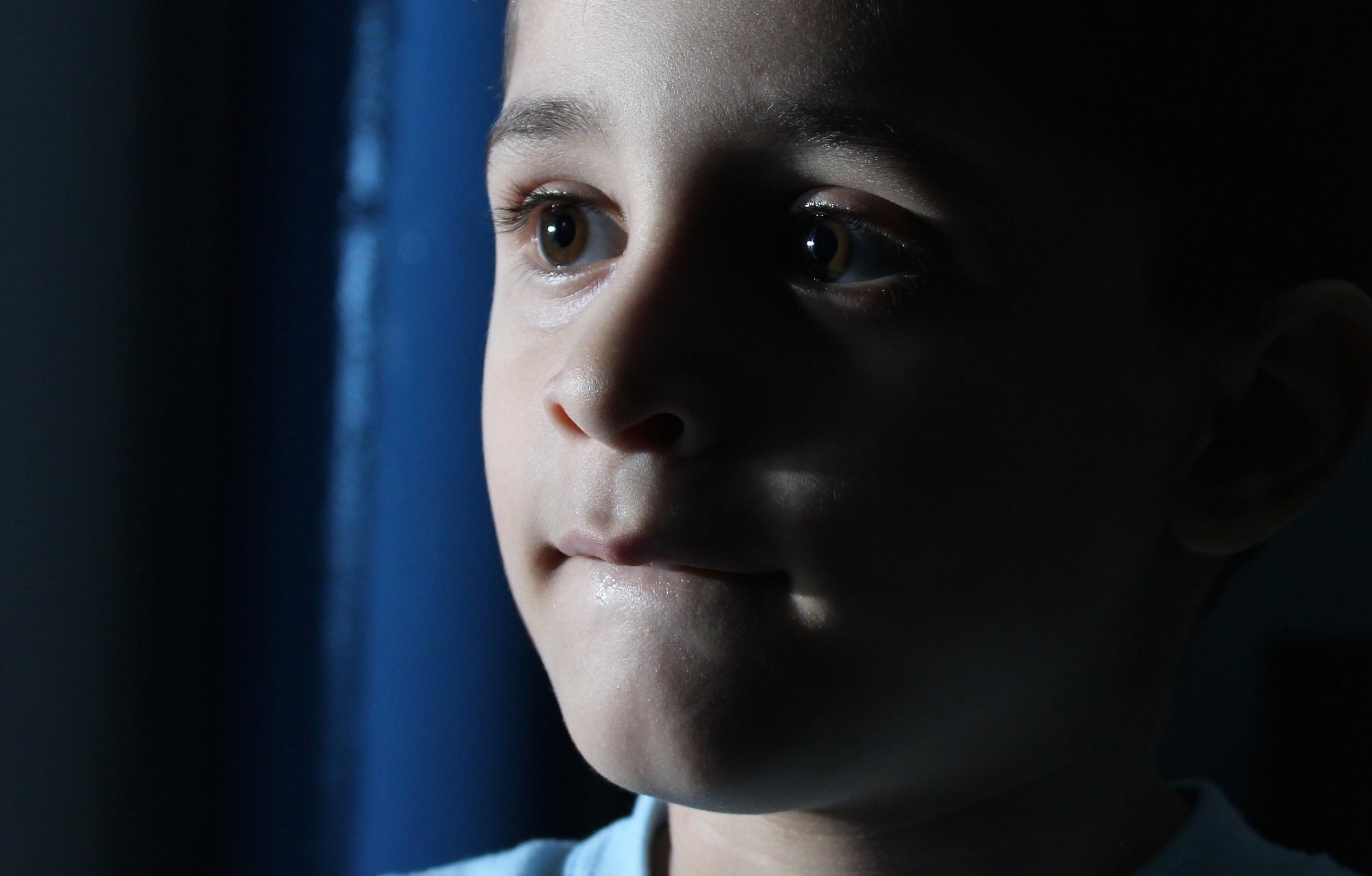
Photo: Oscar D Salazar V (CC BY-NC-SA)
No more ssshhing or custard creams
Adults – parents, teachers and theatre-makers included – need to stop trying to control children’s experience of theatre and let them enjoy it on their own terms, argues Kate Cross.
Many people who work in children’s theatre have an aversion to the sound of ‘ssshhing’ teachers or the hustle and bustle of parents handing out the custard creams. Is this because of a pompous adherence to theatre etiquette, or can we be persuaded that it comes from a genuine concern for the status of children in general?
These behaviours, different though they are, send out the wrong kind of signals to a young audience: in case this is boring here’s some food and follow the St Good Behaviour’s School rules at all times. In both cases, the child is left with a prescription of how to respond to the performance, rather than being allowed to do so on their own terms.
I want everyone to leave their age outside the door and arrive in the room as the autonomous human beings they are
When the adult hides behind the child, suggesting they are only here for the child’s good, they place yet another layer of burden on the shoulders of our young audience – pressure to come out the other side better or happier human beings than they were when they went in.
We witness forms of adult interference administered from the stage as well, such as overacting to maintain attention, silly voices to remind the children of just how young and ignorant they are, audience participation so they don’t get bored and stories that conclude with an overtly moral or educational message. This is not art – it is control. Art should merely ask the question. When it tries to answer it, the audience is closed out of the conversation.
Optimal conditions
So what are the optimal conditions that will lead us to ‘theatrical paradise’?
When children visit the egg at the Theatre Royal Bath, a theatre dedicated to the year-round presentation of plays and live performances for a young audience, I want to first make them as comfortable as possible. This is why we have loads of toilets and comfy sofa-like seats in an intimate auditorium with near-perfect sightlines wherever you sit. Once settled, I would like to park their cardinal needs for the 45 minutes or so that they will be in the auditorium. I imagine this is acceptable for even the youngest of them.
Next, I want everyone to leave their age outside the door and arrive in the room as the autonomous human beings they are. We must not enter an auditorium thinking we are going to learn something we did not already know. If we anticipate this, we could fail as artists and audiences. So, when we are told to be quiet, we are yanked back into the world of our subordinate youthfulness and reminded that we are at school, a place to learn, a place where adults control and teach us things.
At the egg, our toilets are a customer service, but not our plays. This is why I cannot ask my audience, child or adult, for a satisfaction rating on a play. A play is an opening, a question. Every play is a multifaceted anthology of creative micro-choices that could take its audience to a series of destinations they have never imagined. These choices need to be well made and skilfully executed, but our assessment of that skill is derived not from an opinion but from an observation of the audience’s responses ‘in the moment’.
Everyone is equal
So, here we are in our theatrical paradise. This is a place where everyone matters and where everyone is equal. We are safe physically and emotionally, and our behaviour and understanding of the play is not under scrutiny, so we can be ourselves – whoever that is.
You can converse with the play, either silently or out loud – you choose, no one will stop you.
Our artists will draw you into their world with curiosities and questions you may share with them. There will be long, quiet moments in which you can think deeply, where you may see yourself on stage, or a familiar situation played out, or extraordinary things happen that you didn’t think were physically possible.
You and your teacher have forgotten how old you are, your school is outside this room, and we don’t require your opinion or any feedback at all, which is just as well because you could not describe this moment using words anyway.
So when all this is the case, and you are indeed learning loads from your experience of this play, the last thing you are going to need is another custard cream.
Kate Cross is Director of the egg, Theatre Royal Bath and Chair of Theatre for Young Audiences UK.
www.theatreroyal.org.uk
Join the Discussion
You must be logged in to post a comment.